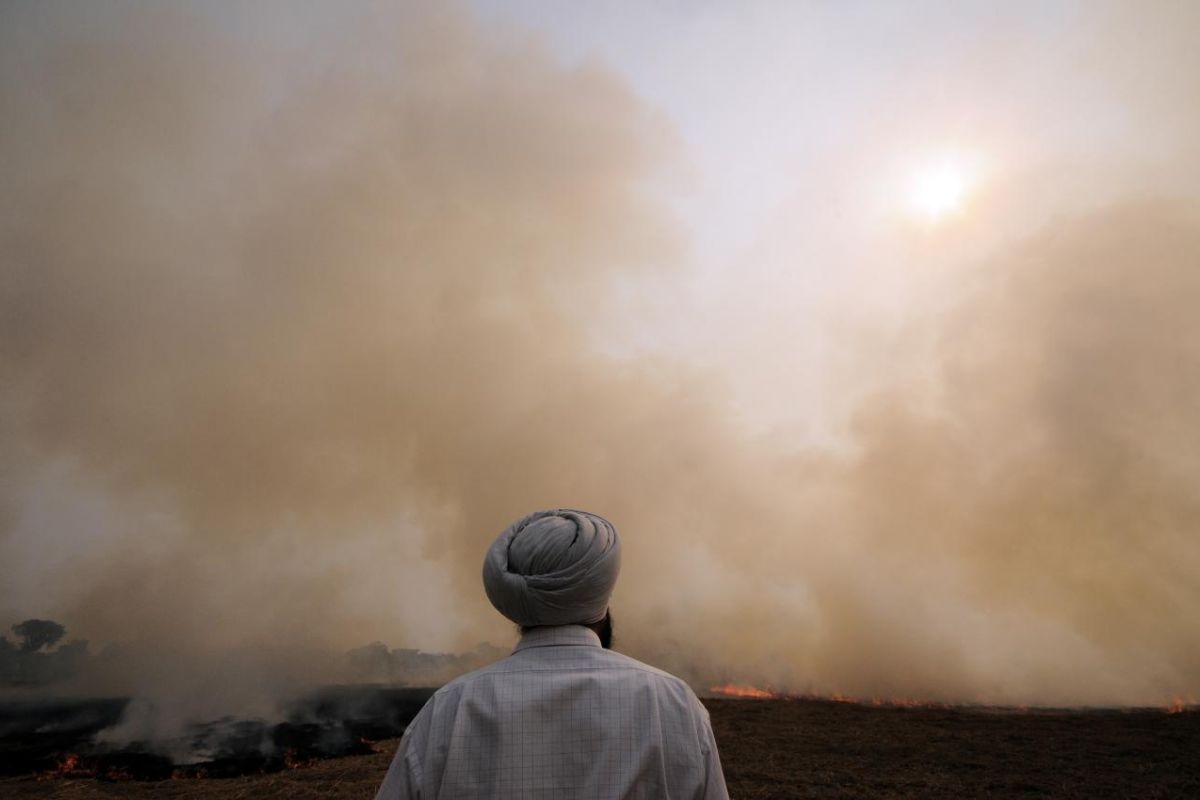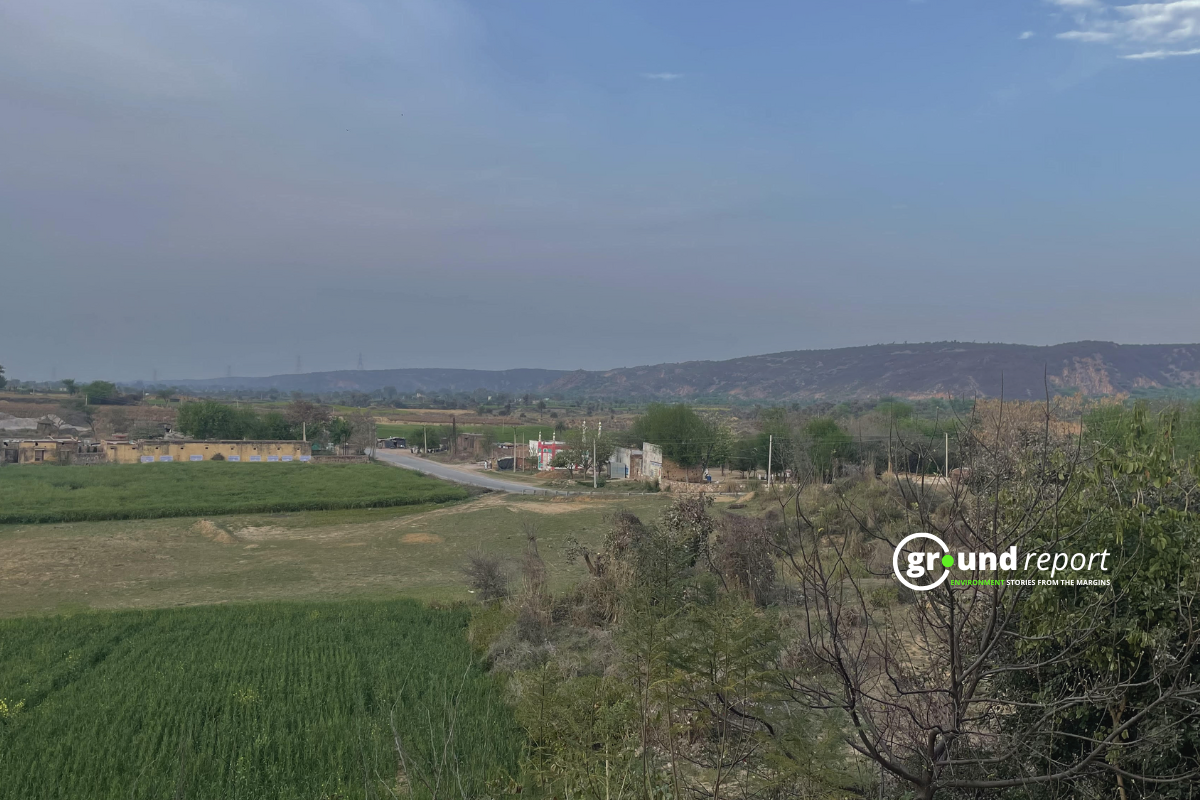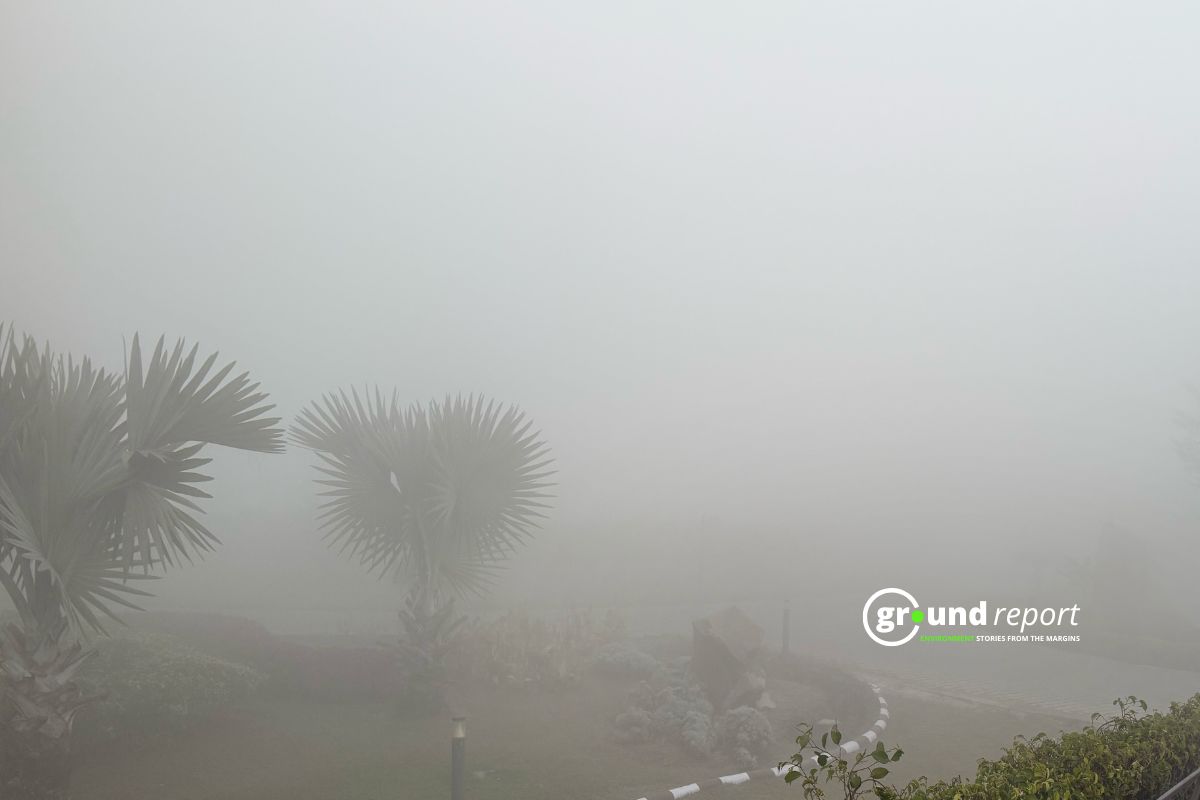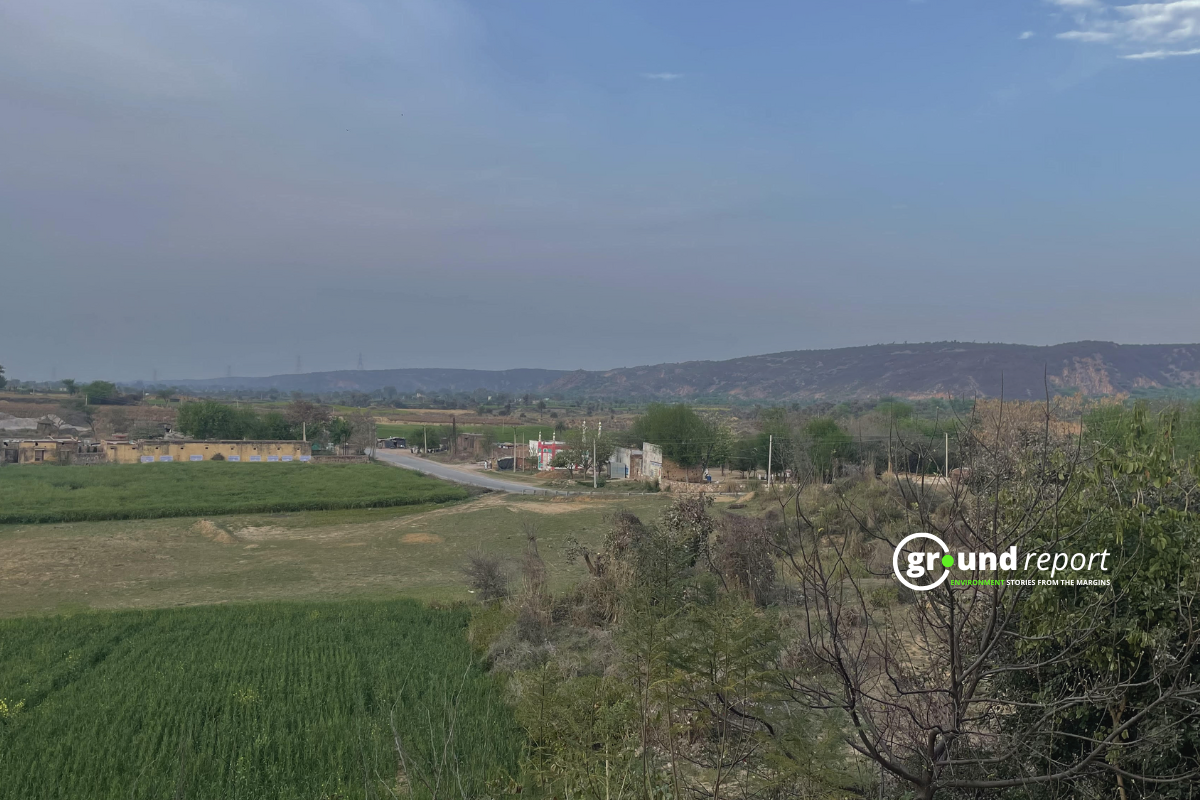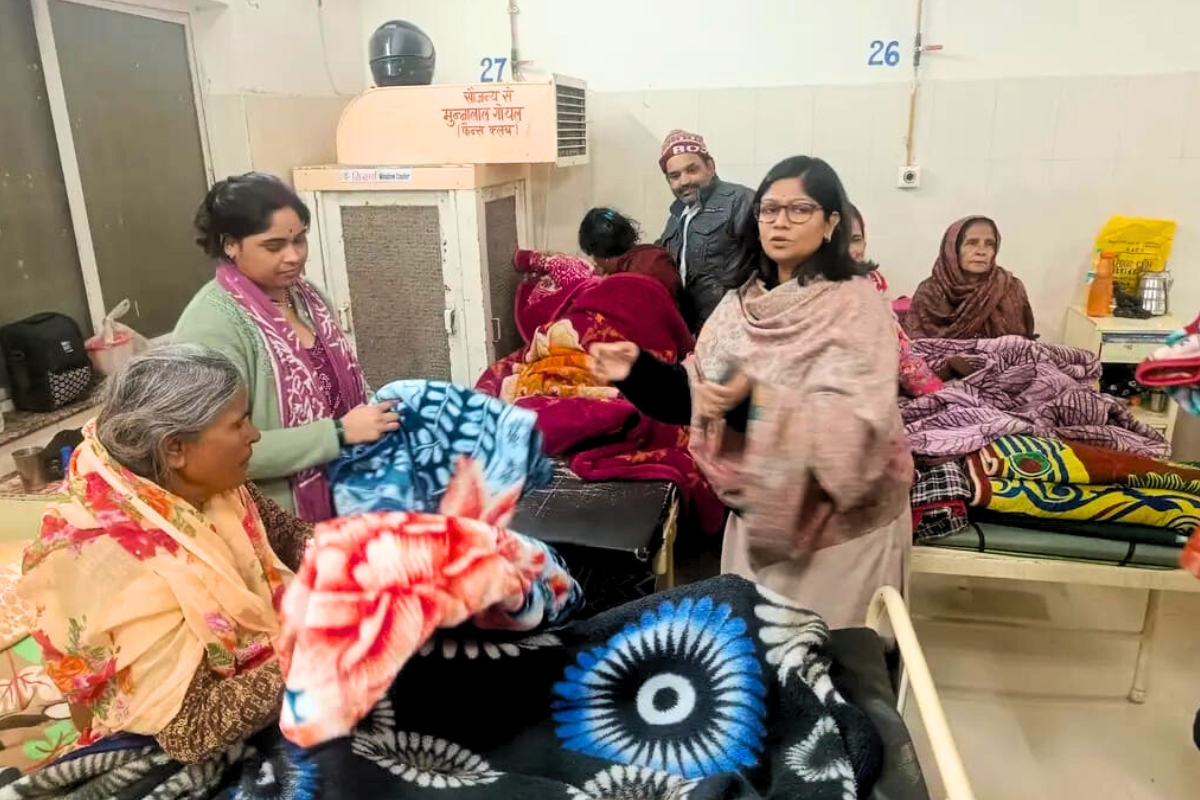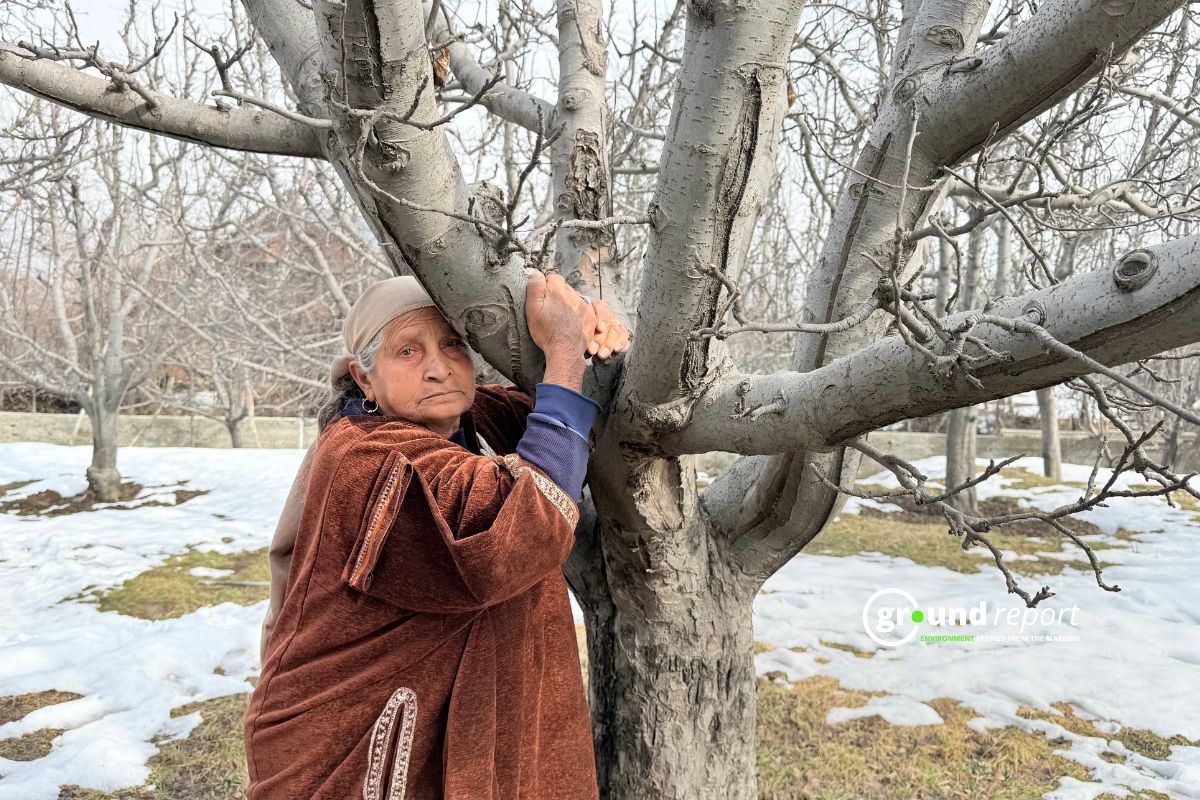Ground Report | New Delhi: Marital rape judgement; The high court of Delhi, kept hearing a bunch of petitions provoking Section 375 of the Indian penal Code, which absolves intense sex by a man with his own wife from the offence of assault.
On hearing the high court said that the if the man requests to his women trying to condemn Martial rape. During the hearing, Justice Shakdher said, “Before decriminalization of Section 377 (discipline for unnatural sex) of the IPC, and I’m discussing hetero couples, wasn’t their misalignment in area 375 and section 377. Ironically it proceeded in cheerful relationships and nobody griped.
Advocate Karuna Nundy contended before a bench of Justice Rajiv shakdher and justice C Hari Shankar that until the demonstration of Martial rape turns into an express offence, it will remain approved. After, Karuna was making counter contentions for two solicitors to be specific RTI Establishment and All India Democratic women’s association (AIDWA).
On the judgement, justice Shankar said that the supreme court had clearly given the statement that there is nothing in judgement it is considered with respect to the issue of Martial rape.
While in the hearing, Justice Shankar asks a question to the Nundy that given such an express position, will it be suitable for the High court to in any case apply the reversal test and converse the discoveries of the supreme court.
“Section 375 makes rape an offence,” Justice Shakdher said. “This exception is a firewall. The crux of the matter is whether this firewall deserves constitutional scrutiny under 14 and 21,” he said, referring to a 2017 case involving a 27-year-old woman.
Representing the State of Delhi in this tagged case, Advocate Nandita Rao vehemently argued that the exception actually faces constitutional scrutiny. According to him, the exception does not violate Article 21 as the woman is free to file a complaint under other provisions of the law such as section 326 (grave hurt), section 377 (unnatural sex offence) and section 498A (cruelty).
In fact, during the hearing of petitions seeking criminalization of marital rape, Justice C. Harishankar orally observed that non-marital relations and matrimonial relations cannot be ‘parallel’. The case is being heard by a bench headed by Justice Rajiv Shakdher, which also includes Judge Harishankar. Justice Harishankar said, “No matter how close a boy and a girl are. No one has the right to expect sex. Everyone has every right to say that I will not have sex with you whereas there is a qualitative difference in marriage.”
“This is perhaps the biggest form of sexual violence against women in a matrimonial home, which lives within the confines of the house, with no records, no reports, and no FIRs filed. If one counts the total number of married men and married women, the number of times this rape occurs within an institutional marriage is a huge figure that is never reported or analyzed or studied.
You can connect with Ground Report on Facebook, Twitter, Instagram, and Whatsapp and Subscribe to our YouTube channel. For suggestions and writeups mail us at GReport2018@gmail.com Marital rape judgement
ALSO READ: What is Wordle? How to play and win the internet’s latest game obsession
ALSO READ: Coke Studios Kana Yaari song with Lyrics



